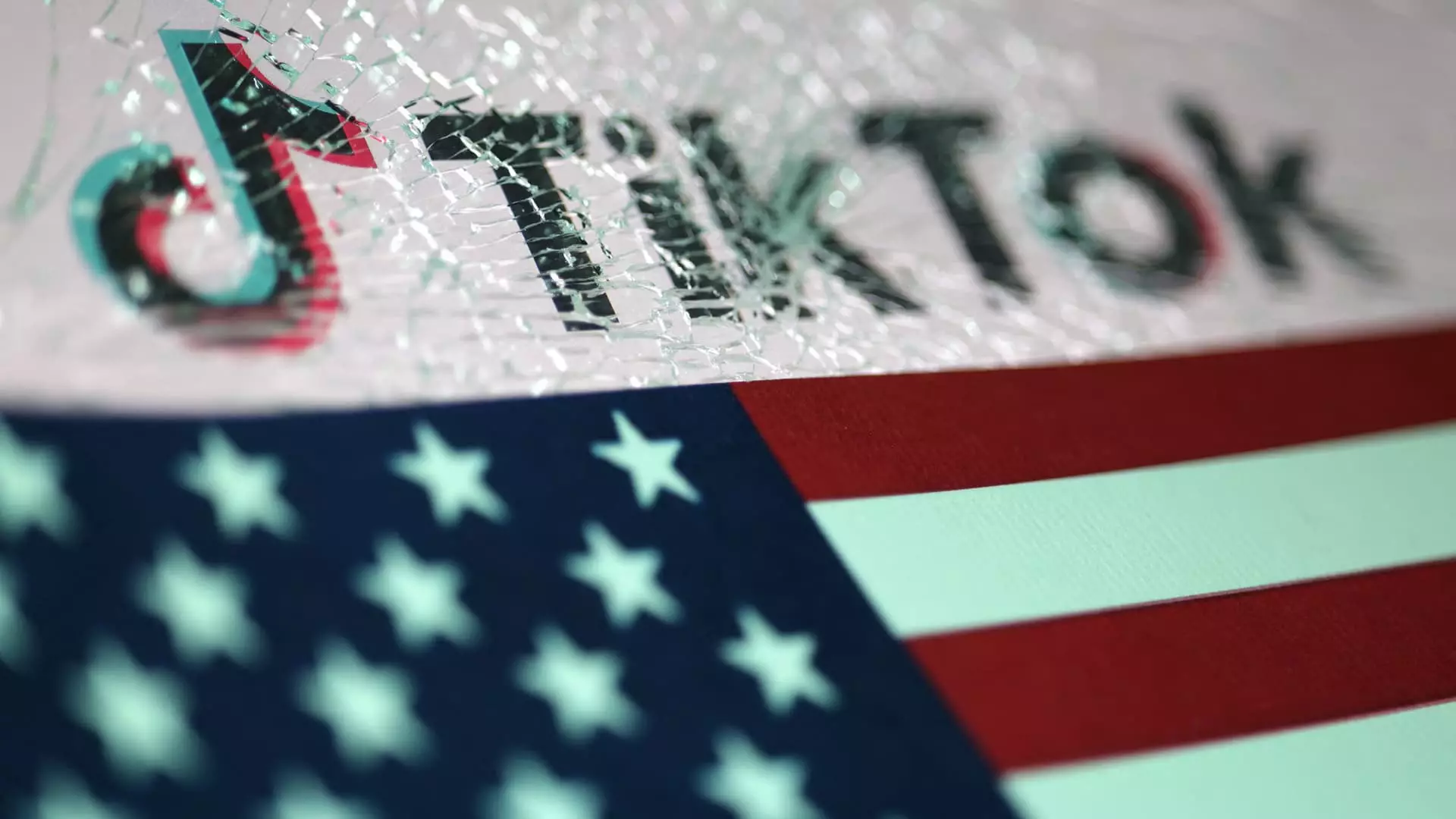In a dramatic twist of events, TikTok saw a brief restoration of services for American users after President-elect Donald Trump announced intentions to delay a federal ban on the popular social media app. This decision, however, reveals the precariousness of TikTok’s position within the U.S. political landscape, where its future seems to hang in the balance due to ongoing debates over national security and data privacy.
In an official statement, TikTok proclaimed its efforts to restore access to its vast American user base, numbering over 170 million. The company expressed gratitude towards Trump for his clarification regarding the absence of penalties for service providers. This acknowledgment highlights a critical turning point: the interplay between governmental decisions and the operational capacities of technology companies. The concept of First Amendment rights has been invoked by TikTok, presenting the ongoing conflict between user freedom and governmental authority—an issue resonating deeply with American values.
Trump’s anticipated executive order signals more than just a temporary reprieve for TikTok; it implies a shake-up in policy-making processes that could reverberate throughout the tech industry. Through his social media platform Truth Social, Trump called for companies not to impede TikTok’s access, underscoring his belief in the platform’s potential for American businesses—over 7 million small enterprises rely on it for outreach and engagement.
The situation escalated when the Supreme Court upheld a ban on TikTok due to ByteDance’s continued Chinese ownership. This ruling presented a clear challenge: fail to divest, and face mandatory restrictions that penalize third-party service providers like Apple and Google, complicating their relations with users. The ruling and Trump’s upcoming executive order raise considerable questions regarding the legitimacy of tech regulation in a rapidly evolving digital landscape and the role of government oversight.
While TikTok is vying for a long-term solution, its prospects are far from assured. The conversation surrounding a potential U.S.-ByteDance joint venture, in which the U.S. would hold significant ownership, reveals a complex blend of patriotism and pragmatism. Trump’s assertion of concern over TikTok being in “good hands” underscores a narrative of national security woven into economic considerations. However, ByteDance has consistently rebuffed proposals to divest, posing a recurring obstacle in negotiations.
TikTok’s current predicament illustrates the delicate balance between global enterprise operations and localized political realities. Despite the temporary restoration of the app’s services, the underlying tension presents a cautionary tale for tech companies reliant on coherent and stable policy frameworks. As digital platforms continue to face regulatory scrutiny, TikTok’s experience serves as a blueprint for future interactions between technology and governance, raising significant inquiries about the rights and freedoms of users in increasingly polarized political landscapes.
The unfolding drama surrounding TikTok encapsulates not just the concerns of a single app, but broader implications for data sovereignty, user rights, and the future landscape of digital governance in America. As the dust settles from this latest political maneuver, one can only hope for clarity as opposing interests vie for control in this tightly contested space.


Leave a Reply